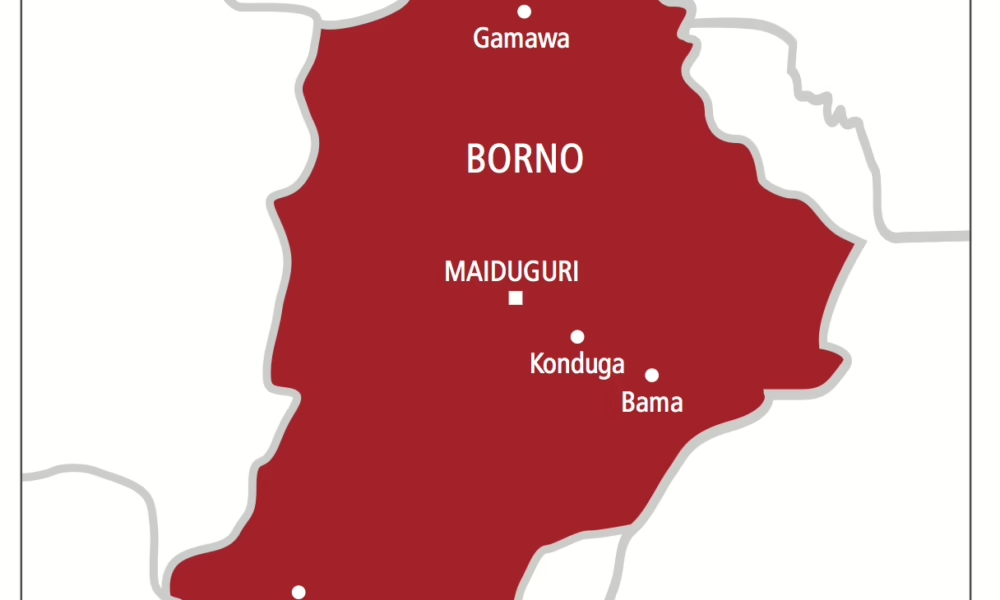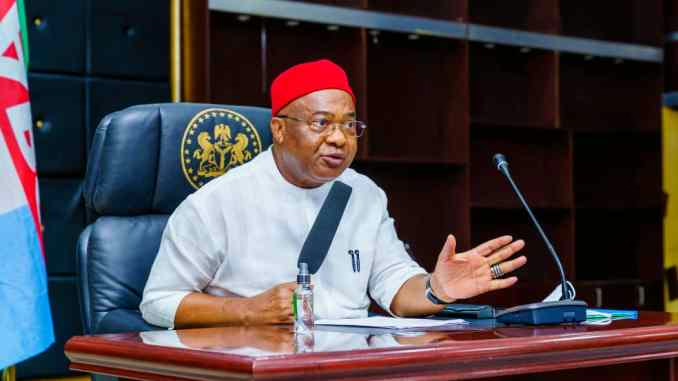French Football Federation president Noel Le Graet resigned on Tuesday following accusations of sexual and psychological harassment, bringing to an end more than a decade in charge.
The 81-year-old’s resignation comes 13 days after the publication of a damning report into management practices at the FFF, but despite that, it emerged that he is set to continue working for world governing body FIFA at their recently-opened office in Paris.
Le Graet’s time at the helm of the federation coincided with the revival of the French men’s national team, with their victory at the 2018 World Cup followed by a run to last year’s final in Qatar, which they lost on penalties to Argentina.
Yet his downfall became inevitable after the report commissioned by the sports ministry delivered a stinging criticism of the veteran boss.
“Considering his conduct towards women, his public comments and the governance failings of the FFF, Mr Le Graet no longer has the necessary legitimacy to run and represent French football,” the report said.
Le Graet had already agreed in January to step down pending the outcome of the audit, which concluded that he should not return to the role because his “behavioural excesses are incompatible with the carrying out of his functions”.
It was revealed last month that Le Graet, whose mandate was due to run until 2024, was being investigated for sexual and psychological harassment following allegations made by football agent Sonia Souid.
He was already under pressure after making dismissive remarks in a radio interview about France legend Zinedine Zidane’s potential interest in coaching the national team.
That was after long-serving coach Didier Deschamps had his contract extended until 2026.
“I wouldn’t even have taken his call,” Le Graet told RMC radio when asked about Zidane.
Le Graet announced his departure at an executive committee meeting of the federation, with members of the committee telling AFP that Philippe Diallo would remain in the role of interim president.
Diallo, a federation vice-president who had initially moved up to fill in for Le Graet when he first stepped aside in January, is expected to remain in charge until a permanent successor is voted for in June.
France’s Sports Minister, Amelie Oudea-Castera, said Le Graet’s departure was “the right decision for the FFF and for him”, but the federation defended its outgoing boss.
“The FFF recognises the remarkable sporting and economic performance of Noel Le Graet,” the federation said in a statement, before hitting out at the authors of the audit.
“The report does not mention any systematic failing. The FFF nevertheless notes that the report is based less on objective facts than on comments that have sometimes led to exaggerated bad-mouthing of the body.”
On Tuesday night it emerged that Le Graet was planning to take legal action to get the report “cancelled”, and sue Oudea-Castera for libel, his lawyer Thierry Marembert told French television.
Le Graet was handed a role by FIFA in January last year as the Paris delegate to Gianni Infantino, the president of world football’s governing body, and he is now expected to retain the position.
“He is going to run the office in Paris. He was given the job because of his competence, his expertise and his experience,” said FFF committee member Eric Borghini.
Le Graet became president of the FFF in 2011, at a time when the French game was reeling in the wake of the national team’s disastrous showing at the 2010 World Cup, when the players went on strike.
Le Graet oversaw the appointment of Deschamps as coach in 2012, and France reached the Euro 2016 final as hosts before their back-to-back World Cup final appearances.
He also oversaw France’s successful hosting of the 2019 Women’s World Cup.
“He is a great leader. This federation is one of the best-run federations,” insisted the veteran Lyon president Jean-Michel Aulas, an influential member of the FFF executive committee, on Tuesday.
However, Le Graet’s departure also comes amid a deepening crisis within the France women’s team.
Several star players, led by captain Wendie Renard, last week announced that they would no longer play for France under the current set-up, with just five months to go until the Women’s World Cup in Australia and New Zealand.
That has placed the future of coach Corinne Diacre, who had the backing of Le Graet, in serious doubt.
Speaking on Tuesday, interim chief Diallo said a decision on Diacre’s future would be taken “very soon”.
AFP











